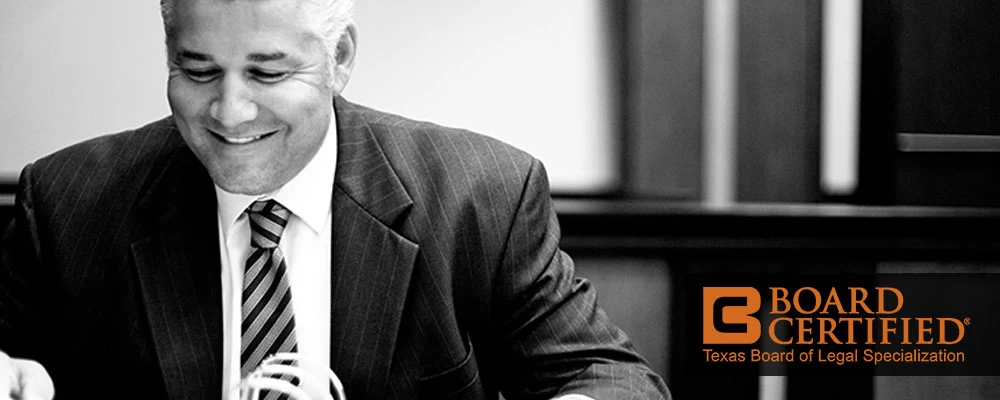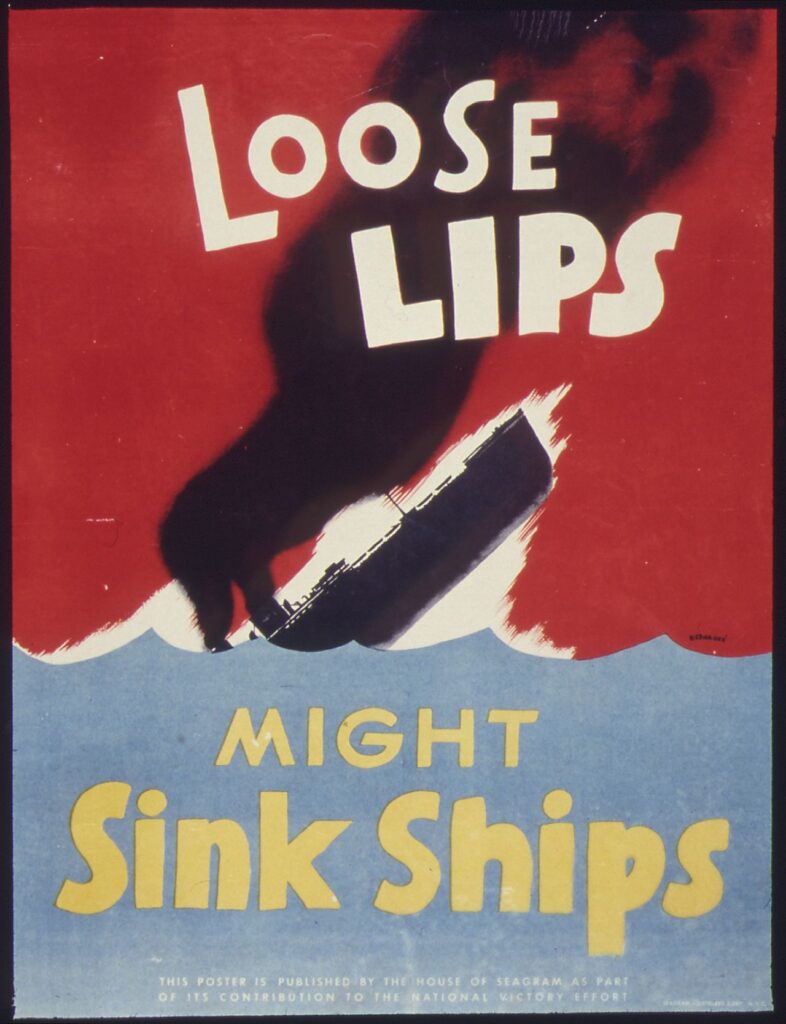Let’s face it, social media has become a big part of most of our daily lives. From sharing moments with friends and family to expressing our opinions, these platforms offer a convenient way to express yourself.
However, when you’re entangled with the judicial system, your social media activity can mean a lot more than expressions. The activity on your social profile can impact your case.
As criminal defense attorneys at Tad Nelson & Associates for over 30 years, we’ve seen it all – including status updates that have destroyed cases. If you’re facing criminal charges in Galveston, call Tad Nelson & Associates at 409-765-5614 so we can review your case.

Schedule your free consultation today!
In the meantime, we’ve provided insight into how social media activity can impact your case. If you have any questions, call us!
Social Media & Criminal Justice
If you have an open criminal case, anything you do can have repercussions. This includes certain social activities online. Prosecutors will often scour your Facebook, Instagram, YouTube, TikTok, and other accounts to gather evidence that they can use against you.
Photos, comments, and even likes can be twisted to paint a negative picture of your character. Galveston County Prosecutors have found a gold mine of character evidence against some defendants. Don’t let this person be you. Don’t make these mistakes.
There’s no harm in locking down your accounts by setting them to “private.”
Avoid Discussing Your Case
Loose Lips Might Sink Ships!

One of the cardinal rules for criminal defendants is to never discuss your case. This also applies to social media.
Sometimes, it might seem harmless to vent your frustrations. We even use these platforms to get support from friends, but anything you post can be used as evidence.
Even seemingly innocent statements that can be taken out of context. Furthermore, private messages aren’t really private; they can be subpoenaed.
Don’t Post Photos & Videos
Posting photos and videos while under a criminal indictment or criminal charges is a terrible idea. Images that are unrelated to your case can be interpreted in ways that harm your defense.
For instance, a photo of you at a party could be used to argue that you don’t take your case seriously. Videos can be particularly damaging if they show any behavior that might be perceived as irresponsible.
Think Twice Before Interacting With Content
Engaging with content on social media, such as liking or commenting on posts, can be problematic. Prosecutors might use your interactions to suggest certain behaviors or affiliations.
For example, liking a post about a similar crime could be used to infer an interest in criminal activity. This concept includes certain music & movie genres.
We recommend not interacting with any content while your case is open. Period.
Be Leary of What Others Post About You
Even if you’re cautious about your status updates, others might publish posts related to you. People in your network might share photos, videos, or comments that could hurt your case. They might even tag you without you noticing should you be MIA for a few days.
If this happens, we recommend politely asking them to remove any potentially harmful content. If necessary, explain your situation while emphasizing the importance of keeping your social background clean.
Deactivate Your Accounts if Necessary
In some cases, it might be best to deactivate your social media accounts. This can prevent any inadvertent interactions that could be used against you. Deactivating doesn’t delete your accounts but makes them inaccessible until you choose to reactivate them. This strategy can reduce the temptation to engage in social media activity while your case is active.
Your Social Profiles & The Law
Under Texas law, anything you post online can be considered evidence. This includes your posts & content shared by others on your profile. The Constitution of the United States guarantees your right to free speech, but it doesn’t protect statements from use as evidence in a criminal case.
There was this one time that an assault case defendant in Galveston County hurt his case by posting about his case on Facebook. Despite being advised by his attorney to avoid social media, he posted a status update claiming self-defense. He was also illustrative in detailing the incident.
This post was later used by the prosecution to undermine his defense. They suggested that he was lying in his account of the events. Ultimately, his social media activity helped the prosecutor win a conviction. Don’t be the person that does this.
Use Social Media to Your Advantage
If handled correctly, your social profile could be used to help your case. Positive posts that demonstrate good character, community involvement, and remorse (if appropriate) can help build a more favorable image.
However, any such posts should be reviewed by your attorney before sharing.
Seeking Legal Representation in Galveston?
Call Tad Nelson & Associates; Criminal Defense Lawyers

Remember, our team of criminal defense attorneys at Tad Nelson & Associates is here to support you every step of the way. For more information or to schedule a free consultation, contact us at 409-765-5614 or visit our contact page.
Whether you’re charged with a felony or misdemeanor offense, we’re ready to provide excellent legal representation. We have a track record of doing so. We also provide criminal law counsel to individuals charged in federal court. If you have any questions, call us 24/7 at 409-765-5614.
Tad Nelson is Board Certified® in Criminal Law by the Texas Board of Legal Specialization™.


















